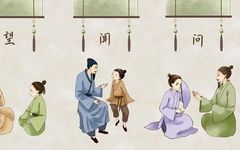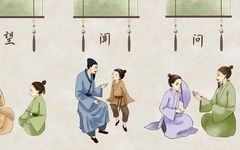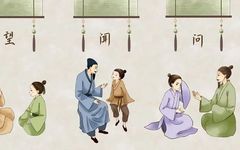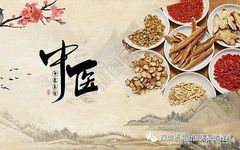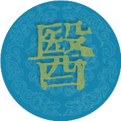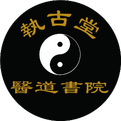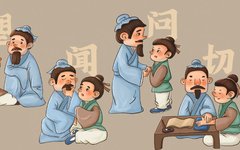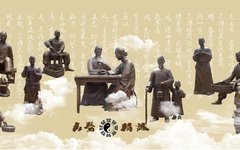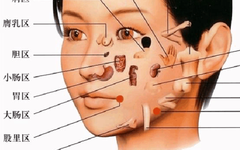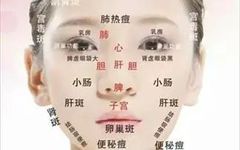Understanding the Four Diagnostic Methods in Traditional Chinese Medicine: Observation, Listening, Inquiry, and Palpation
In Traditional Chinese Medicine (TCM) clinics, it is common to see the following scenario: as soon as a patient enters and sits down, the doctor will ask them to extend their arm and begin to take their pulse. Many people may wonder, is pulse diagnosis the only method for diagnosing in TCM? The answer … Read more

